Elon Musk’s Dismissal of ICO Proposal to Safeguard OpenAI’s Integrity
This year has provided insights into tension-filled moments between notable tech figures, specifically Elon Musk and Sam Altman. The unfolding narrative centers around a proposed initial coin offering (ICO) by Altman that Musk staunchly opposed. His resistance stemmed primarily from concerns over the company’s credibility and long-term vision.
Recent legal documents shed light on Musk’s steadfast disapproval of Altman’s ICO approach. This disagreement highlights the differing visions of the two co-founders and raises crucial questions about the future direction of OpenAI.
Elon Musk’s Strong Opposition to Cryptocurrency Initiatives
The conflict began in early 2018, just after OpenAI ventured into innovative fundraising strategies. Altman, alongside current president Greg Brockman, suggested launching a cryptocurrency to capitalize on growing blockchain enthusiasm. However, Musk’s immediate rejection of this idea stemmed from his insistence on maintaining OpenAI’s reputation.
In the legal filing, Musk referred to the ICO proposal as potentially damaging, labeling it an “ICO scam” that would tarnish the image of both OpenAI and its stakeholders. This incident sheds light on Musk’s protective stance toward the organization and his apprehension towards any financial maneuvering perceived as underhanded.
The ICO proposal is just one of several strategic shifts towards a for-profit model that have intensified the discord between Musk and OpenAI’s leadership. In 2017, before these developments, Altman and Brockman briefly suggested a transition from a non-profit framework, a notion Musk had outright dismissed.
“Go ahead on your own or continue with OpenAI as a non-profit organization,” Musk made clear, emphasizing his dedication to the organization’s founding principles.
This proclamation encapsulates Musk’s commitment to ensuring that AI technology serves humanity’s best interests without being driven by monetary incentives.
Musk’s Commitment to OpenAI’s Mission Amidst Disputes
Musk’s unwavering resolve to uphold OpenAI’s original aims became evident when he communicated his funding withdrawal in the absence of a pledge to retain the non-profit model. His correspondence with Altman and Brockman signaled his frustration over the prospect of being misconstrued as a naive backer of a commercial entity.
“I will no longer fund OpenAI until you have made a firm commitment to stay non-profit,” he voiced, underlining his prioritization of the organization’s foundational goals.
This strong stance placed further pressure on OpenAI’s leadership to engage in thoughtful discussions regarding the organization’s future. In the aftermath, Musk’s legal representatives divulged that shortly following his disapproval of the ICO, Altman and Brockman began strategizing towards a for-profit transition aimed at meeting OpenAI’s urgent fundraising requirements.
This pivot not only indicated a significant shift in operational strategy but also aligned with the pressing need to equip OpenAI with the necessary resources to propel its AI innovations forward.
Legal Developments and Ongoing Challenges for Musk
Amidst this intense scenario, Musk’s legal challenges continued to mount. He faced a class action lawsuit claiming manipulation of Dogecoin’s price through his social media commentary, but on November 14, 2022, plaintiffs opted to withdraw their case, absolving Musk and Tesla from further claims.
Despite these legal fluctuations, the core narrative surrounding OpenAI remains intriguing. The organization has achieved remarkable progress in developing advanced AI systems, attracting widespread attention. Yet, controversies surrounding its shift toward a for-profit model and explorations into cryptocurrencies have ignited discussions about OpenAI’s future direction.
ICOs were once a popular fundraising technique during the 2017-2018 cryptocurrency boom, yet they’ve often faced scrutiny for transparency issues and potential scams. This environment likely influenced Musk’s perception of risk concerning OpenAI’s reputation.
His decision to veto the ICO proposal can therefore be seen as a safeguard, aimed at preserving the company’s integrity while steering clear of short-term financial benefits. As OpenAI continues to evolve and advance in the AI sector, the intricate dynamics among its founders will play a crucial role in shaping its future.
Ultimately, Musk’s vision for ethical practices and transparency significantly impacts the trajectory of one of the leading entities in artificial intelligence development today.

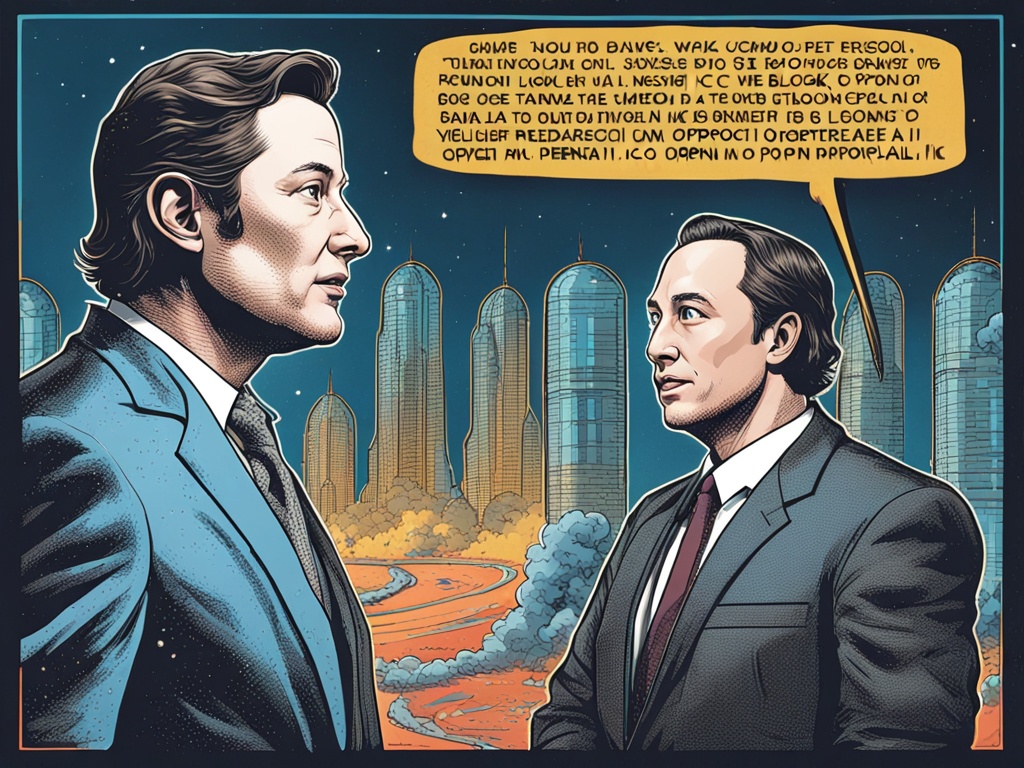
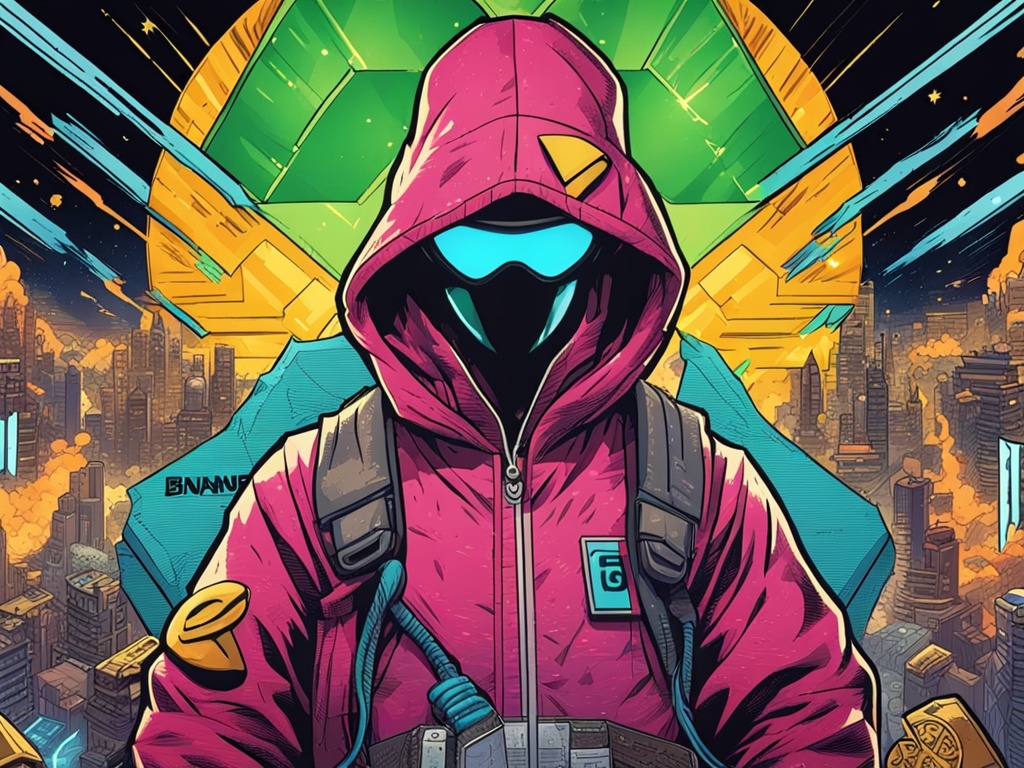
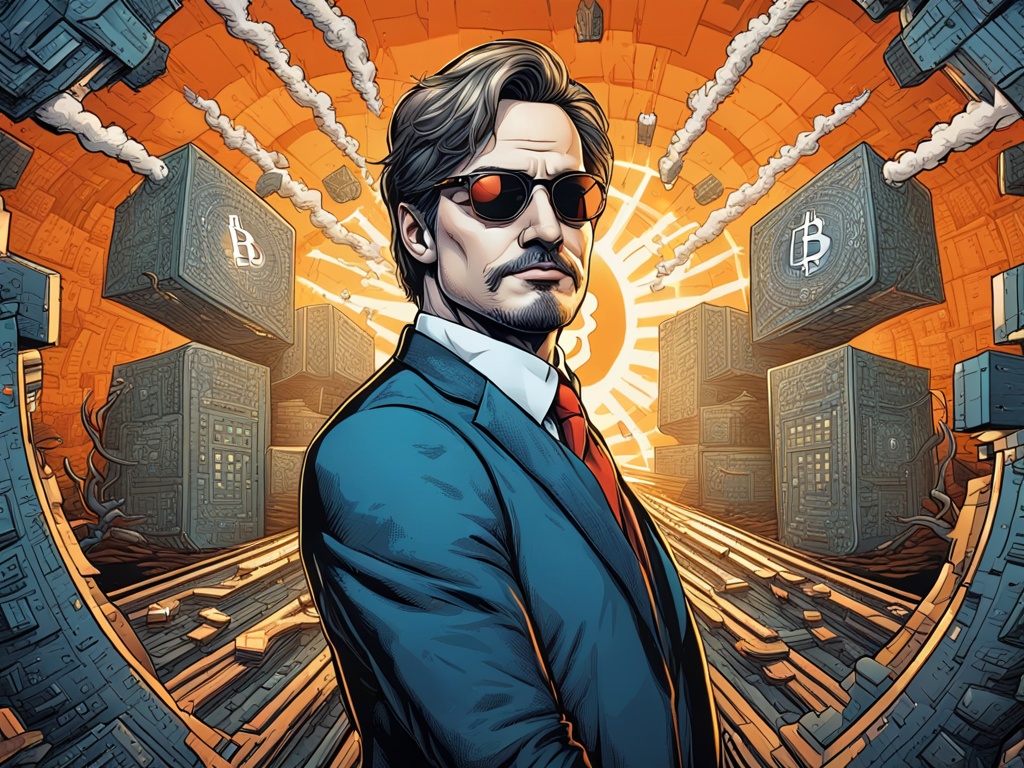
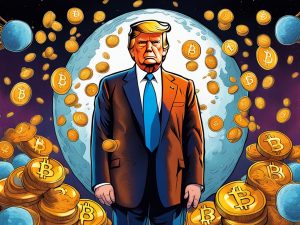
 By
By
 By
By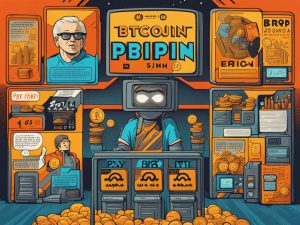

 By
By
 By
By